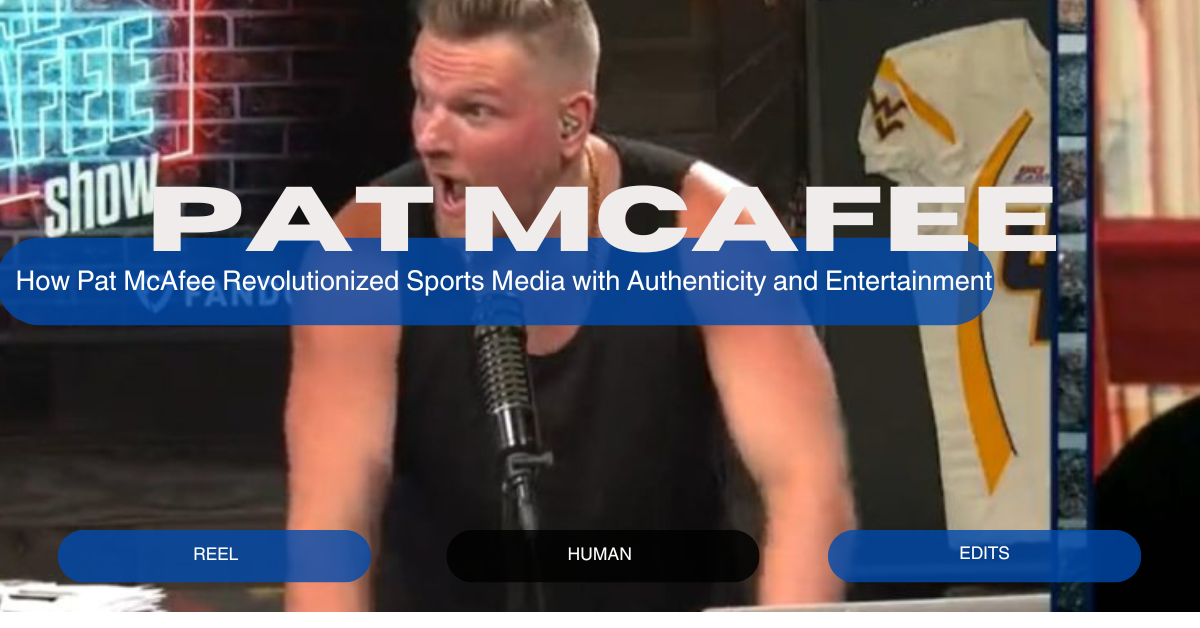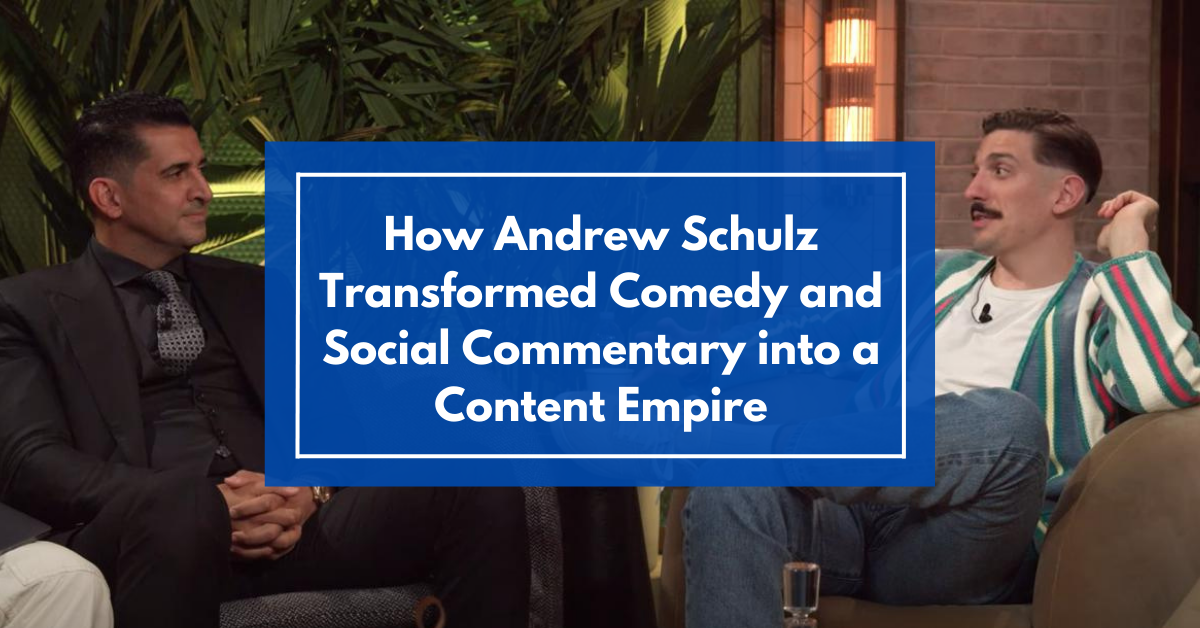When a Hollywood heavyweight like Ben Affleck speaks, people listen. In a recent panel discussion, Affleck addressed one of the hottest topics in entertainment today: artificial intelligence (AI) and its role in filmmaking. The conversation was illuminating, especially for anyone concerned about the future of creativity in a tech-driven world.
Affleck’s Take: AI as a Tool, Not a Replacement
During the panel, Affleck, known for his work as an actor, director, and producer, made a compelling case: AI has its place in the filmmaking process, but it will never replace the essence of human creativity.
Affleck emphasized that while AI might make certain aspects of production faster and more cost-effective, it cannot replicate the artistry, instinct, and collaborative magic that drive truly great films. He pointed to the uniqueness of human judgment, saying, “Art is knowing when to stop. And that’s something AI just can’t do.”
How AI Is Reshaping the Industry
Affleck acknowledged that AI is already transforming some corners of the entertainment world:
- Visual Effects: AI is helping reduce the time and cost required for complex effects, making high-quality production accessible to more creators.
- Customization: The idea of AI-generated content tailored to individual viewers, such as a personalized episode of a popular show, was highlighted as a potential future use case.
- Efficiency: AI might one day allow shows like House of the Dragon to produce two seasons a year instead of one, thanks to streamlined processes.
While these developments are exciting, Affleck was clear that they represent enhancements, not replacements, for the work that defines filmmaking.
AI’s Limitations According to Affleck
Affleck also addressed the limitations of AI in creative spaces, particularly when it comes to storytelling and performance:
- Collaboration: Films thrive on the chemistry between actors and the creative dialogue between directors, writers, and cast. AI lacks the emotional intelligence to contribute to or benefit from these interactions.
- Taste and Judgment: Creativity isn’t just about making things; it’s about making decisions. Knowing when a scene is perfect or when a story needs more depth is a skill that AI doesn’t possess—and may never develop.
- Originality: Affleck pointed out that while AI can mimic or remix existing content, it cannot create something truly new. Great art often comes from human experiences and emotions, elements AI cannot replicate.
The Long-Term Vision for AI in Film
Affleck was optimistic about the potential of AI to supplement the filmmaking process, but he stressed that the human element will always be central. He envisioned AI as a way to lower barriers to entry, allowing more voices to participate in the industry. However, he warned against relying too heavily on the technology, noting, “AI is a craftsman, not an artist.”
The Heart of Creativity
At the core of Affleck’s argument is a deep belief in the irreplaceable value of human creativity. Whether acting in front of the camera or directing behind it, Affleck knows firsthand that the most powerful art comes from human connection, intuition, and emotion.
AI might help filmmakers create faster or cheaper, but it cannot replace the collaborative spark that drives storytelling. As Affleck aptly put it, “Movies are about people. And AI can’t replace people.”
The Future of Film: Humans and AI Together
The panel discussion underscored a balanced perspective: AI is a powerful tool that can enhance filmmaking, but it must remain just that—a tool. As the entertainment industry continues to evolve, figures like Ben Affleck are advocating for a future where technology and creativity work hand-in-hand, with humans firmly at the helm.
So, the next time you watch a movie or binge a show, remember: while AI might have smoothed the visuals or sped up production, the heart of the story comes from the irreplaceable spark of human imagination.
What are your thoughts on AI in filmmaking? Let’s discuss in the comments!





